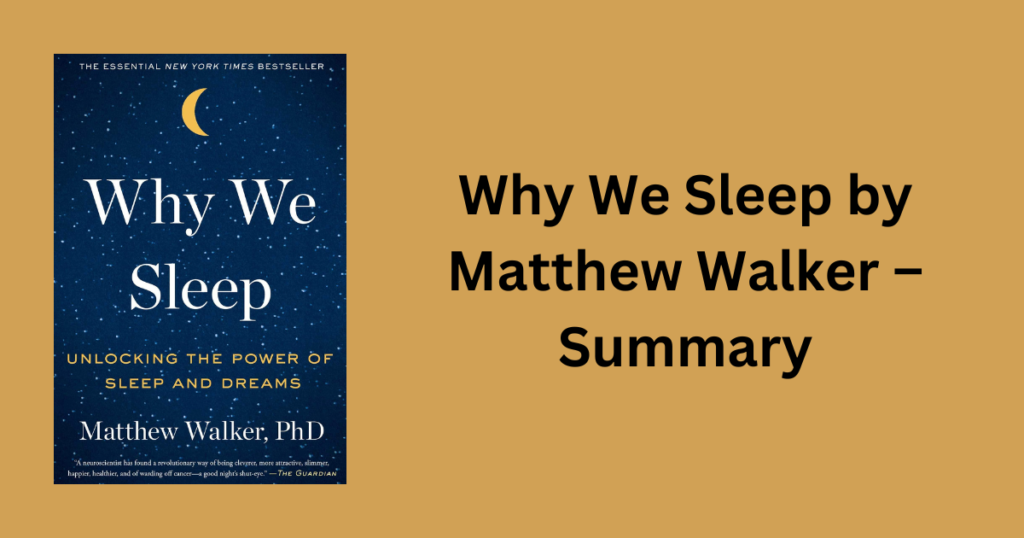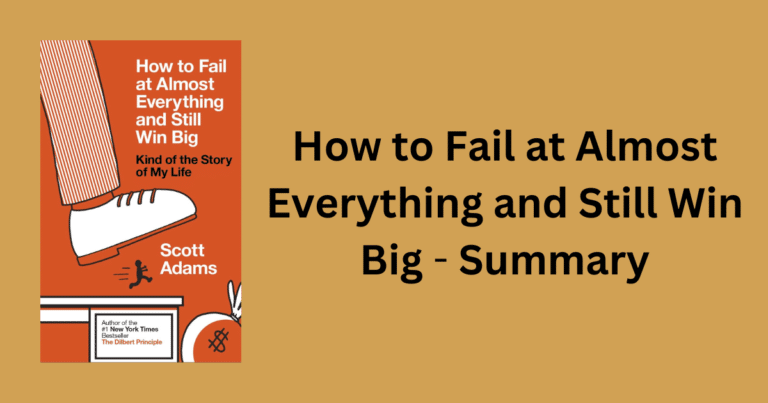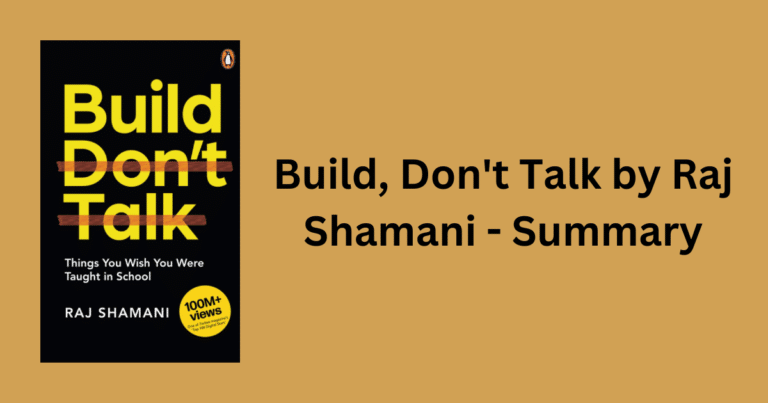Matthew Walker is a neuroscientist who focuses on the impact of sleep on human health. In 2017, he wrote the international bestseller, why we sleep.
Have you ever asked yourself why we sleep?
As human beings, we mainly eat, drink, reproduce and sleep.
Sleep seems to be the most unproductive thing that we do. It looks like we are not getting any work done, or are we?
If you’re having trouble sleeping, this book will definitely put you to sleep, trust me. It was a long read but I’ve broken it down for you.
Why we sleep the new science of sleep and dreams
There is no definite answer as to why we sleep, but sleep is absolutely necessary. Sleep nowadays more than ever has a stigma attached to it.
I’ll sleep when I’m dead is a terrible way to go about living your life. A lot of us deplete our sleep for no apparent gain whatsoever. The shorter you sleep, the shorter your life.
Our sleep times are showing a rapid decrease for both children and adults.
In 1942, the average American slept 7.9 hours. Now the average American sleeps 6 hours and 31 minutes.
The benefits of sleep include learning, memory, alertness, concentration, and improved mental and physical health. Your body regenerates itself during sleep.
A lack of sleep will age a man by a decade. Lack of sleep leads to major health diseases such as high blood pressure, autoimmune disorders and can even cause cancer.
The benefits of sleep
There’s no secret that we are the most medicated population the world has ever seen. Don’t be alarmed with proper sleep we can actually reduce this number.
The more drugs someone takes doesn’t mean the healthier they are.
Here are the major benefits of sleep:-)
- The body is self healing and self regulating during sleep.
- The body prevents chronic illness and disease.
- With optimal sleep, certain medication can be eliminated.
- Reduces the risk of cancer, diabetes and blood pressure.
- Reduces aging and dementia.
- Promotes learning and memory.
- When sleep is abundant, the mind and body flourish.
Sleep cycles explained
To understand sleep cycles, let us first understand the parts of the autonomic nervous system. It is divided into the sympathetic and parasympathetic nervous systems.
- Sympathetic Nervous System:- Prepares the body to deal with stressful situations. (Fight or Flight) activated during the day.
- Parasympathetic Nervous System:- Regenerates tissue and is mainly used to control bodily functions such as (rest and digest). Activated during the night.
We need the above systems to be balanced. Both systems play a key role in sleep, especially the parasympathetic nervous system.
Another important term to know is the circadian rhythm. It’s a roadmap for understanding the body’s sleep and wakefulness stages.
Our body temperature also plays a key part. When our body temperatures are high, we are active and energetic. When our body temperature is slow, we are slow, sluggish, and sleepy.
Ultradian rhythms are cycles of sleep from short brain waves to deep ones that lasts for about 90 minutes. The 4 frequencies of brain waves that occur are alpha, beta, theta, and delta.
The cycles of sleep are mainly categorized into Light sleep, deep sleep, and REM sleep. REM stands for rapid eye movement.
- Light sleep:- These comprise the Beta waves when you just fall asleep. More than half of our sleeping time is spent in light sleep. It’s closest to waking up and easiest to wake up from. You learn information here.
- Deep (Non Rem) Sleep:- Its also known as slow wave sleep. It consists of delta waves and is similar to a coma. It comes during the first 3 hours and averages around 100 minutes. It’s where illness is cured and not a stage to be woken up from. You store information in this cycle.
- REM Sleep:- Its also called as paradoxical sleep. It consists of rapid alpha waves. The Brain is highly active during this period, and this is the stage where lucid dreams and thoughts occur. Memory and learning occur during this phase makes sense of the information.
How much should you sleep?
Can we put a number on how much to sleep?
The answer lies anywhere between 7-9 hours. The rates of disease are sky-high if you sleep less than 5 hours or greater than 9 hours.
You can’t sleep less during the week and catch up on the weekend. That’s not how it works.
Sleep is not like the bank. You cannot accumulate a debt and hope to pay it off at a later point in time.
Matthew Walker
Naps are another interesting talking point. So should you nap?
Naps are a double-edged sword.
There’s something called sleep pressure that builds up during the day and is let off at night when we sleep.
If you’re struggling to sleep at night, then don’t nap during the day.
How to sleep better
The key to sleeping better is to maintain good sleep hygiene. The following steps are recommended to attain good deep sleep:-
- Regularity is critical going to bed and waking up at a certain time helps build the circadian rhythm.
- Last one hour before you go to bed, keep technology away and switch off all lights. This initiates melatonin, a hormone that produces a calming effect during the dark.
- Wear eye shades to reduce any visual stimulus.
- Maintain a balance healthy diet and exercise regularly.
- Don’t go to bed too hungry or too full. Hit the sweet spot right in the middle.
- Try to eliminate any sleeping medication. These drugs are blunt instruments and don’t induce good quality sleep. They are prone to cause cancer by a whopping 35%. They are sedatives and affect your body’s autoimmune system.
- Having alcohol and marijuana before bed is an awful choice too. They keep the body in a repetitively awake state at night.
Sleep is a non-negotiable biological necessity. Our body is enhanced by sleep. It’s the swiss army knife of health if you will.
I hope this answers your question Why we sleep.






